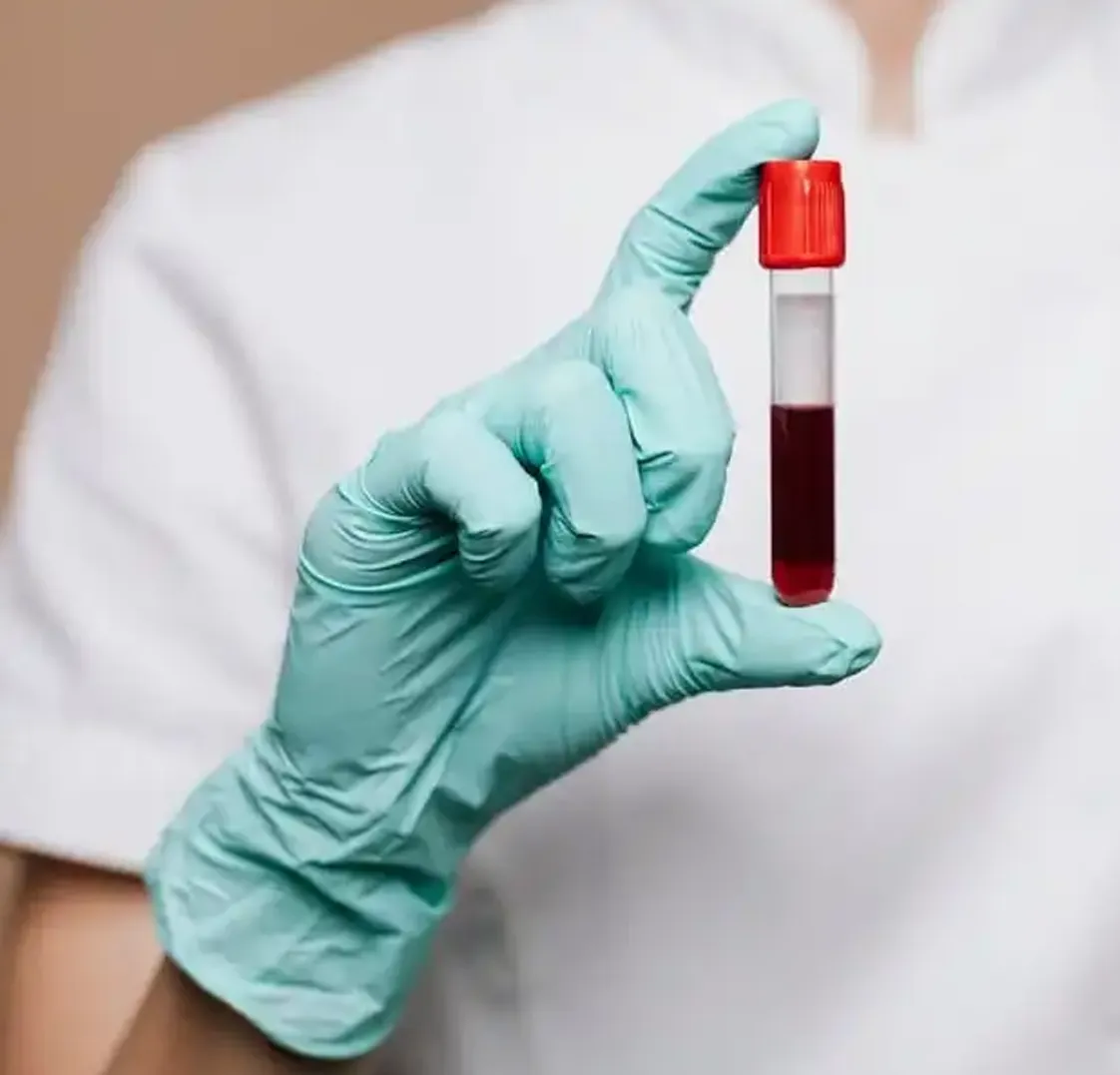LH controls reproductive development and fertility. It is important for regulating ovarian hormone production and supporting the maturation of eggs.
Luteinising hormone test performed at the start of your menstrual cycle can help identify hormonal imbalances, such as those seen in polycystic ovary syndrome (PCOS). When tested around the middle of your cycle (typically day 14 of a 28-day cycle), LH levels can provide valuable insights into ovulation timing.
In men, LH stimulates the production of testosterone, which plays a key role in sperm production. An LH test can therefore be helpful in assessing male fertility and diagnosing potential causes of male-factor infertility.






